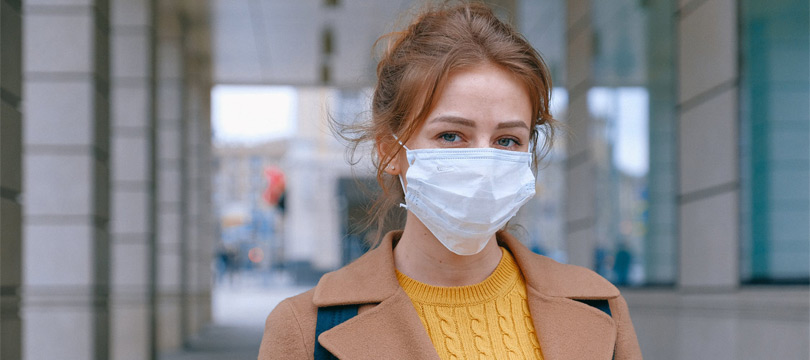Menu
Sign up for our newsletter!
Join us! We will share tips, strategies, and ideas for improving your smile and improving your life. We truly believe a beautiful smile is your biggest asset.
Corona Virus (COVID-19) Update

Dear patients,
We continue to be open and see patients as usual. We are following the CDC recommended guidelines. Our top priority is the health and safety of our patients, visitors, and staff. We always use the best safety practices to protect the health of everyone who comes to our office.
BACKGROUND
COVID-19, originally known as 2019-nCoV, is a strain of a large family of coronaviruses which can be transmitted from animals to humans. It was first identified as the cause of a respiratory illness outbreak in Wuhan, China in late 2019. On March 11, 2020 the World Health Organization (WHO) declared COVID-19 a pandemic.
SYMPTOMS
COVID-19 symptoms are similar to the cold or flu, and may take up to 14 days to appear after exposure to the virus. People with fever, cough and difficulty breathing should seek medical attention. Be vigilant as severe cases may lead to pneumonia, kidney failure or death. Those at higher risk of getting very sick from COVID-19 include older adults, and people who have serious chronic medical conditions like heart disease, diabetes and lung disease.
Mild symptoms may include:
- Fever
- Cough
- Shortness of Breath
- Sore Throat
- Runny Nose & Sneezing
- Muscle Aches & Pain
- Chills & Fatigue
- Impaired Liver & Kidney Function
PREVENTION
The World Health Organization (WHO) advises the following prevention methods:
Wash Hands Frequently
Scrub hands with soap and water for at least 20 seconds for visibly dirty hands or an alcohol-based hand rub frequently for non-visibly dirty hands.
Practice Respiratory Hygiene
When coughing and sneezing, cover mouth and nose with flexed elbow or tissue – discard tissue immediately into a closed bin and clean your hands with alcohol-based hand rub or soap and water.
Maintain Social Distancing
Maintain at least 3 feet distance between yourself and other people, particularly those who are coughing, sneezing and have a fever. If you are too close, you can breathe in the virus.
Avoid Touching Eyes, Nose & Mouth
Hands touch many surfaces which can be contaminated with the virus. If you touch your eyes, nose or mouth with your contaminated hands, you can transfer the virus from the surface to yourself.
Seek Medical Care Early
If you have fever, cough and difficulty breathing, seek medical care early and tell your healthcare provider if you have traveled to an area where the virus has been severely impacted, or if you have been in close contact with someone who has respiratory symptoms.
Mild Symptoms
If you have mild respiratory symptoms and no travel to hard-hit areas, still seek medical care and be sure to carefully practice basic respiratory and hand hygiene and stay home until you are recovered.
Animal Proximity Precautions
Practice general hygiene measures when visiting farms, live animal markets, wet markets, animal product markets or contact with wild animals. Ensure regular hand washing with soap and potable water after touching animals and animal products.
Animal Consumption
Avoid eating raw or under-cooked animal products. Handle raw meat, milk or animal organs with care, to avoid cross-contamination with uncooked foods, as per good food safety practices.
TESTS & TREATMENT
To date, there is no vaccine and no specific antiviral medicine to prevent or treat COVID-19. However, those affected should receive care to relieve symptoms. People with serious illness should be hospitalized. Most patients recover thanks to supportive care.
Possible vaccines and some specific drug treatments are under investigation. They are being tested through clinical trials. WHO is coordinating efforts to develop vaccines and medicines to prevent and treat COVID-19.
The most effective ways to protect yourself and others against COVID-19 are to frequently clean your hands, cover your cough with the bend of elbow or tissue, and maintain a distance of at least 3 feet from people who are coughing or sneezing.
MORE INFO
LAST UPDATED: March 12, 2020
For the most up-to-date information on possible vaccines, treatments, FAQs, news and more, please visit the following official health organizations:
Centers for Disease Control & Prevention (CDC)
www.CDC.gov
World Health Organization (WHO)
www.WHO.int
CONTACT US
If you have questions or concerns, please call us at: 818-762-2977


